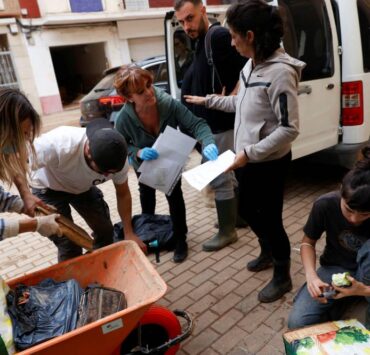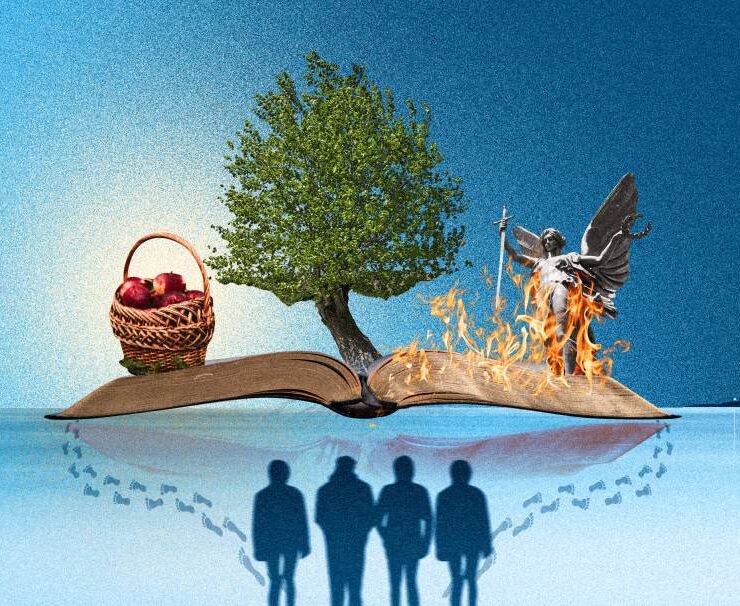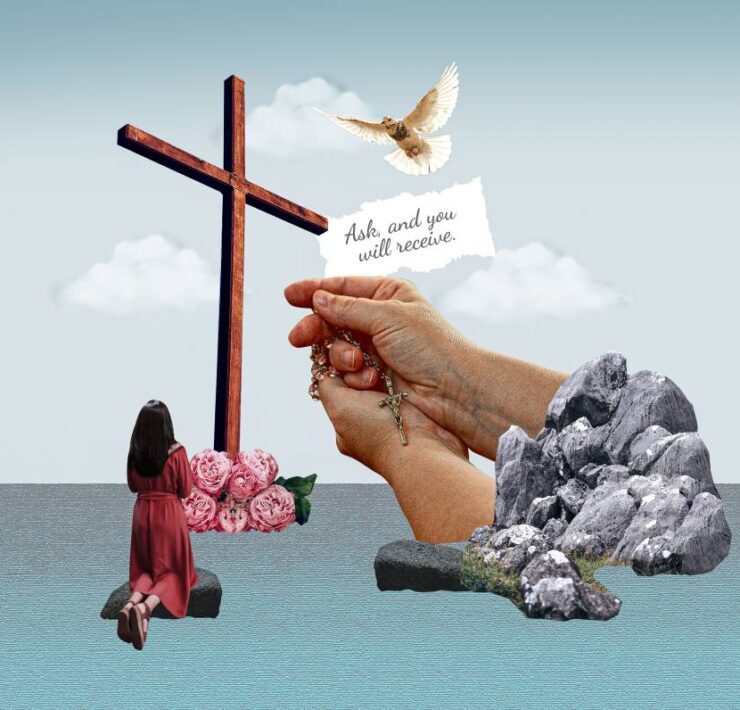The reason for our hope: ‘Christ will come again’

Readings: Dn 12:1-3; Psalm 16, R. You are my inheritance, O Lord!; Heb 10:11-14, 18; Gospel–Mark 13: 24-32
In the history of Christianity, millennialism has always been present. From early Christianity to the present, there have been movements and communities that believe the second coming of Christ is imminent.
Much of this was inspired by the eschatological elements in the Book of Revelation, elements very similar to the first half of this Sunday’s Gospel.
It is central to our belief that Christ will come again. The core formula of the proclamation of the mystery of our faith that we pray at Mass has this: “Christ has died. Christ is Risen. Christ will come again.”
Three perspectives
Let me present this last element, “Christ will come again,” as our main point for reflection, approaching it from three perspectives.
One is Christ’s three moments of coming into our life. Two, his coming as a source of hope. Three, synthesis reflections on the coming year of hope.
There are three moments of our encounter with Christ. There is his second coming, which we all wait for, and toward which all of creation is evolving. As Fr. Pierre Teilhard de Chardin, S.J. put it, the whole of creation is evolving toward the omega point, who in our faith is Christ: “I am the alpha and the omega.” (cf. Revelation 22:13-15)
Then there is our reunion with him in death. And the third moment is our encounter with him in the day-to-day. All of these are moments of Jesus coming again in our life.
And we pray for the grace that we will recognize his visitations in daily life, which is our best preparation for his coming when he invites us to go home to God or in his second coming.
“Christ will come again” is one of our deepest and most powerful sources of hope. As the preface for the Mass puts it: “ … his Coming in glory we await with unwavering hope.”
This hope is the fruit of the Paschal Mystery—“His Death we celebrate in love, his Resurrection we confess with living faith, and his Coming in glory we await with unwavering hope.”
As the Bull of Indiction for the Jubilee Year of Hope put it: “Hope, together with faith and charity, make up the triptych of the ‘theological virtues’ that express the heart of the Christian life.”
Hope frames the Cross and Resurrection as the horizon of our life now. This is what gives meaning to all that we do and all that we experience, the joys and triumphs, the pain and disappointments.
Joyful faith
Let me end with the synthesis with excerpts from the Bull of Indiction, which takes its title from the Letter of Paul to the Romans, “Spes Non Confundit, Hope does not disappoint.” (Rom 5:5)
Pope Francis wrote, “For all of us, may the Jubilee be an opportunity to be renewed in hope. God’s word helps us find reasons for that hope.
“Surely we need to ‘abound in hope’ (cf. Rom 15:13), so that we may bear credible and attractive witness to the faith and love that dwell in our hearts; that our faith may be joyful and our charity enthusiastic; and that each of us may be able to offer a smile, a small gesture of friendship, a kind look, a ready ear, a good deed, in the knowledge that, in the Spirit of Jesus, these can become, for those who receive them, rich seeds of hope. Yet what is the basis of our hope? To understand this, let us stop and reflect on ‘the reasons for our hope’ (cf. 1 Pet 3:15).”
This Sunday and in the days leading to the start of the Jubilee Year of Hope, I invite you to reflect on “the reasons for our hope.”
May our reflections lead us to “‘abound in hope’ (cf. Rom 15:13), so that we may bear credible and attractive witness to the faith and love that dwell in our hearts; that our faith may be joyful and our charity enthusiastic…”





















